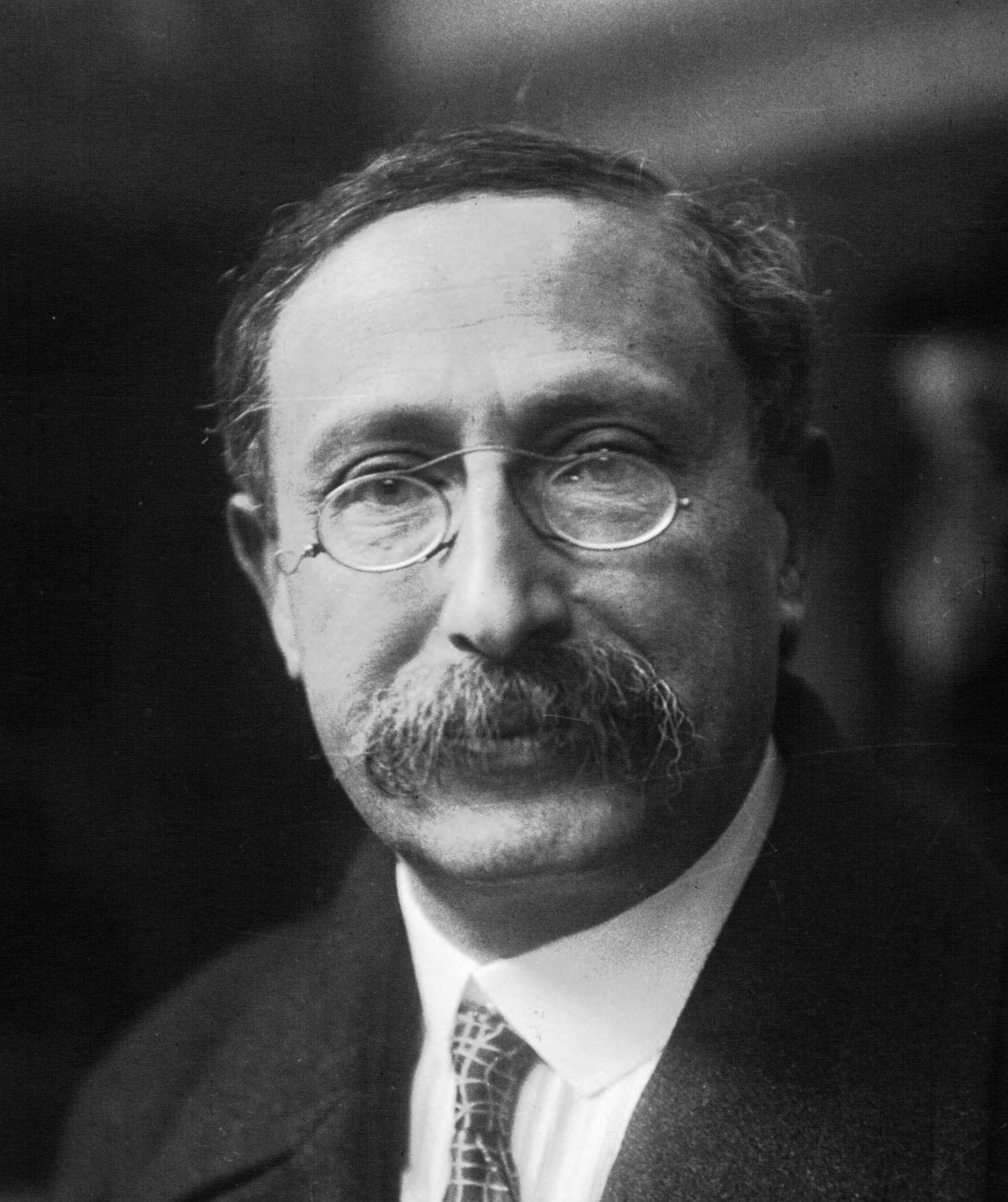Léon Blum: The First Jewish Prime Minister of France Who Defied Hate and Made History
89 years ago, Léon Blum became France’s first Jewish socialist prime minister—ushering in a bold era of reform, resilience, and moral leadership in the face of rising fascism and antisemitism.

Today, 89 years ago, on a spring day in 1936, something happened that had not occurred for 16 years in France and for only the second time in history: a Jew, a master of human relations, an idealist socialist, sat in the chair of Prime Minister of France. His name was Léon Blum. In the short memory of the French, this was felt as a historical precedent. When the new government was sworn in, Xavier Vallat (who would later become head of the General Commission for Jewish Affairs in the Vichy government) addressed Blum from the parliament podium and said: "Your rise to power, Mr. Prime Minister, is certainly a historical event. For the first time, in this ancient Gallic-Roman country, a Jew will rule." Until that moment (except for the previous term of Alexandre Millerand – about whom we will write later) – such a thing had not happened. Not in France, not in Europe, not anywhere in the democratic world.
Blum was not only the first socialist Jew to stand at the head of a French government – he was also a symbol of an era. An age of hope, reforms, equality – and especially an age that sought to believe that it is possible to rise to the top without giving up morality.
He was born in 1872 in Paris to a wealthy Jewish family immersed in French culture. He studied law, wrote literary criticism, was captivated by the charm of Jean Jaurès and humanist socialism. It was a socialism of values, not of revolutions. Of progress through culture, not through fire.
During the Dreyfus Affair – Blum, as a Jew, could not remain indifferent. He enlisted in the defense of Dreyfus from a civil-French stance, but also from personal pain. He understood the power of the hatred hidden beneath the surface – the threat directed at every Jew just for being one.
In 1936, he was elected to head the "Popular Front" – a coalition of socialists, communists and radicals that tried to present a different vision in the face of Europe's slow crawl toward fascism. As prime minister, Blum led unprecedented reforms: shortening the workweek, paid vacations for workers, workers' rights. It was a brief moment of grace.
But the antisemitism – did not disappear. On the contrary. The nationalist right attacked him for being a socialist, and the antisemites for being a Jew. But Blum stood his ground, on the principles of the republic, on liberty, on justice, and on France – as it should be.
During World War II, he was arrested by the Vichy regime, handed over to the Germans, and imprisoned in Buchenwald. He survived – and returned to France after the liberation. He served again as prime minister in 1946, but the world had changed, and Blum – 74 years old – was already a figure of the past, more than a symbol of the future.
Léon Blum died in 1950, but not before contributing greatly not only to France, but also to his people. Starting in 1919, he took a strong interest in Zionism, and in 1927 joined the pro-Zionist committee "France–Eretz Israel." In 1928 he joined the "International Socialist Committee for Eretz Israel." In 1929 he joined the Jewish Agency. In May 1948, on the eve of the end of the British Mandate, two senior Mapai leaders, Eliezer Kaplan and Yosef Sprinzak, traveled to consult with Blum about whether to declare the establishment of the state, as David Ben-Gurion wanted, despite the strong opposition of the U.S. State Department. Blum told them: "This is a once-in-a-lifetime historic opportunity. If you do not take the risk now, such a chance will not come again."
His figure took a place of honor in the Israeli memory. The kibbutz Kfar Blum in the Galilee finger was named after him, as well as several streets in cities in Israel, including Tel Aviv, Haifa, Holon, Petah Tikva, Kfar Saba, and Lod. On April 17, 1996, the Philatelic Service issued a series of six postage stamps called "The Contribution of the Jews to World Culture," featuring portraits of six Jews who stood out in their achievements and contribution to humanity in various fields and who were born and active in foreign countries – one of them was Léon Blum.
Léon Blum was a man who showed that a Jew can reach the top – without losing himself. That humanity and moral stance are not weakness. That being a Jew and being a person – are one and the same.
This is the fourth article in our series, “The Jews,” which highlights remarkable Jewish figures who left an indelible mark on history.
In previous installments, we explored the political courage of Barry Goldwater, the intellectual genius of chess world champion Wilhelm Steinitz, and the scientific legacy of Nobel Prize-winning physicist Jack Steinberger.